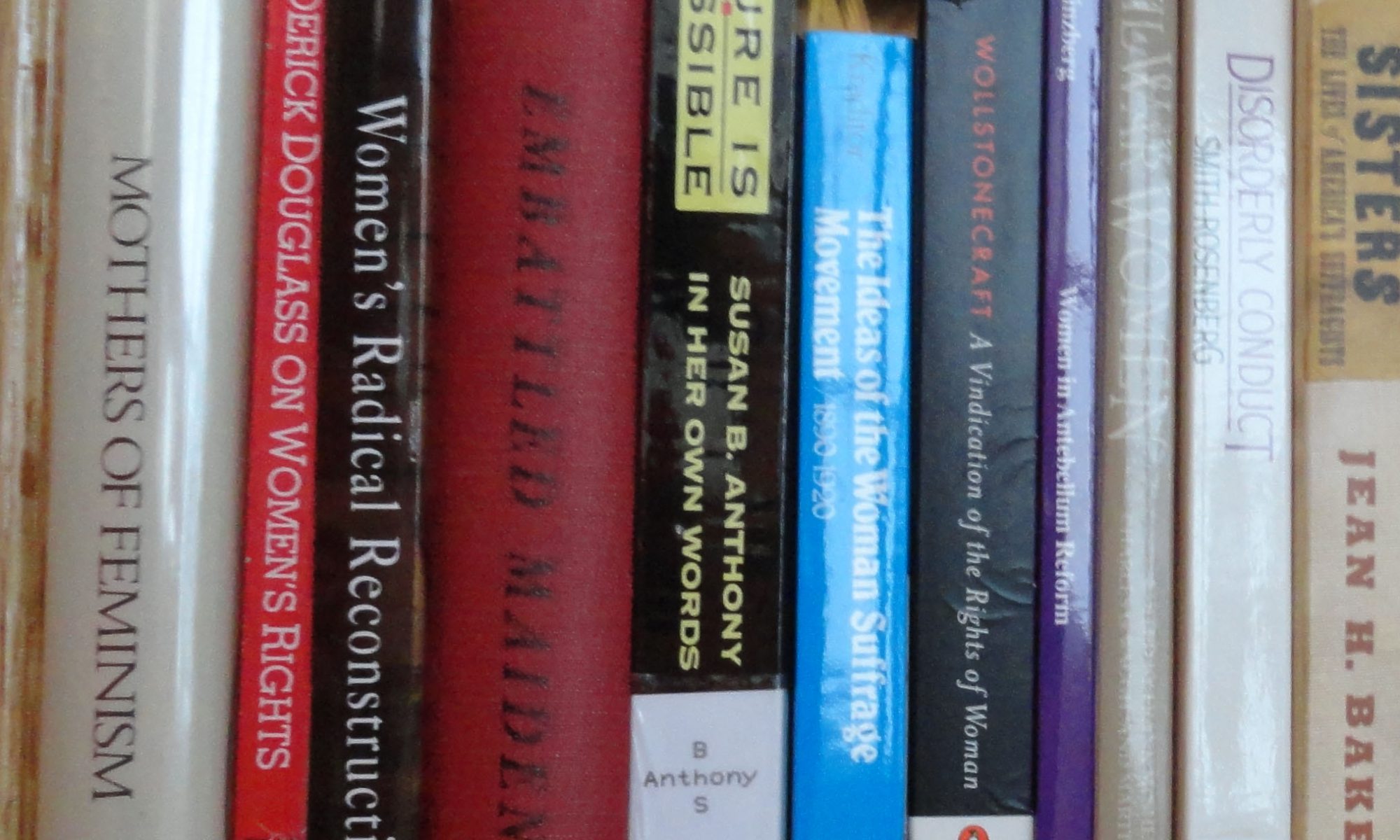 In the 1930s Ida Pruitt, an American living in Peking, recorded the oral life history of Ning Lao T’ai-t’ai, the elderly mother of a man working for her husband.
In the 1930s Ida Pruitt, an American living in Peking, recorded the oral life history of Ning Lao T’ai-t’ai, the elderly mother of a man working for her husband.
Ning lived in the city of Penglai in Shedong Province of China in second half of the 1800s and the early 1900s. Married to a man who was an opium addict, Ning struggled to provide for her children by begging. Twice her husband sold her daughter, the first time she was able to retrieve her. The second time she had to leave her daughter with the family that had bought her. This was when she left her husband at last and struck out on her own. Pruitt published Ning’s story in A Daughter of Han in 1948.
The following excerpt from Ning’s life in 1889.
The life of the beggar is not the hardest one. There is freedom. Today, perhaps, there is not enough to eat, but tomorrow there will be more. There is no face to keep up. Each day is eaten what has been begged that day. The sights of the city are free for beggars. The temple fairs with their merrymaking crowds, the candy sticks with their fluttering pennants, the whirligigs spreading noise and the colors of the rainbow in the air, women dressed in gay colors, the incense burning before the shrines and piling up in the iron pots, the flames leaping high, are harvest time for beggars. There is drama on the open-air stage. No lady can get as close as a beggar. The ladies have their dignity to maintain and must sit in a closed cart or on the edge of the throng in tea booths. No woman but a beggar woman could see the magistrate in his embroidered ceremonial robes ride to the temples to offer sacrifice at the alters of the city in the times of festival.
At noon the beggars come to the gruel kitchen where all the other beggars have gathered and find human companionship. There is warm food, pleasantry, and the close feel of people around. There is no future, but there is no worry. An old proverb says, “Two years of begging and one will not change places with the district magistrate.” All this if a beggar is not sick.
Have you ever collected oral histories?
What place in literature do they fill?
Ida Pruitt, A Daughter of Han: The Autobiography of a Chinese Working Woman by Ida Pruitt from the Story Told Her by Ning Lao T’ai t’ai, (New Haven: Yale University Press, 1945, repr. Stanford CA; Stanford University Press, 1967)

This is very interesting, You’re a very skilled blogger.
I have joined your rss feed and look forward to seeking more of your fantastic post.
Also, I have shared your site in my social networks!
Good day! Would you mind if I share your blog with my facebook group?
There’s a lot of people that I think would really appreciate your content.
Please let me know. Thank you
Thank you for sharing.
Greetings from California! I’m bored to death at work so I decided to browse your website on my iphone during lunch break.
I love the knowledge you present here and can’t wait
to take a look when I get home. I’m surprised at how fast your
blog loaded on my mobile .. I’m not even using WIFI, just 3G ..
Anyways, good site!
This is a good tip particularly to those fresh to the blogosphere.
Short but very precise information… Thank you for sharing this one.
A must read article!
Does your blog have a contact page? I’m having a tough time
locating it but, I’d like to send you an email.
I’ve got some ideas for your blog you might be interested in hearing.
Either way, great blog and I look forward to seeing it develop
over time.
Glad you enjoyed it.
Hey there! This post couldn’t be written any better!
Reading through this post reminds me of my good old
room mate! He always kept chatting about this.
I will forward this write-up to him. Fairly certain he will have a good read.
Thanks for sharing!
I wanted to thank you for this great read!! I absolutely loved every bit
of it. I have you book-marked to look at new stuff you post…
Have you ever considered publishing an ebook or guest authoring on other sites?
I have a blog centered on the same subjects you discuss and would really like to have you share some stories/information. I know my audience
would appreciate your work. If you are even remotely interested,
feel free to send me an e-mail.
Hello! Do you use Twitter? I’d like to follow you if that
would be ok. I’m absolutely enjoying your blog and look forward to new posts.
Glad you find my posts of interest. You can find me on Twitter @womenwewrite
You’ve certainly captured my interest with this compelling review and excerpt.
I too am in awe of all these interesting viewpoints from women from all times and places.